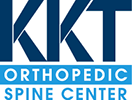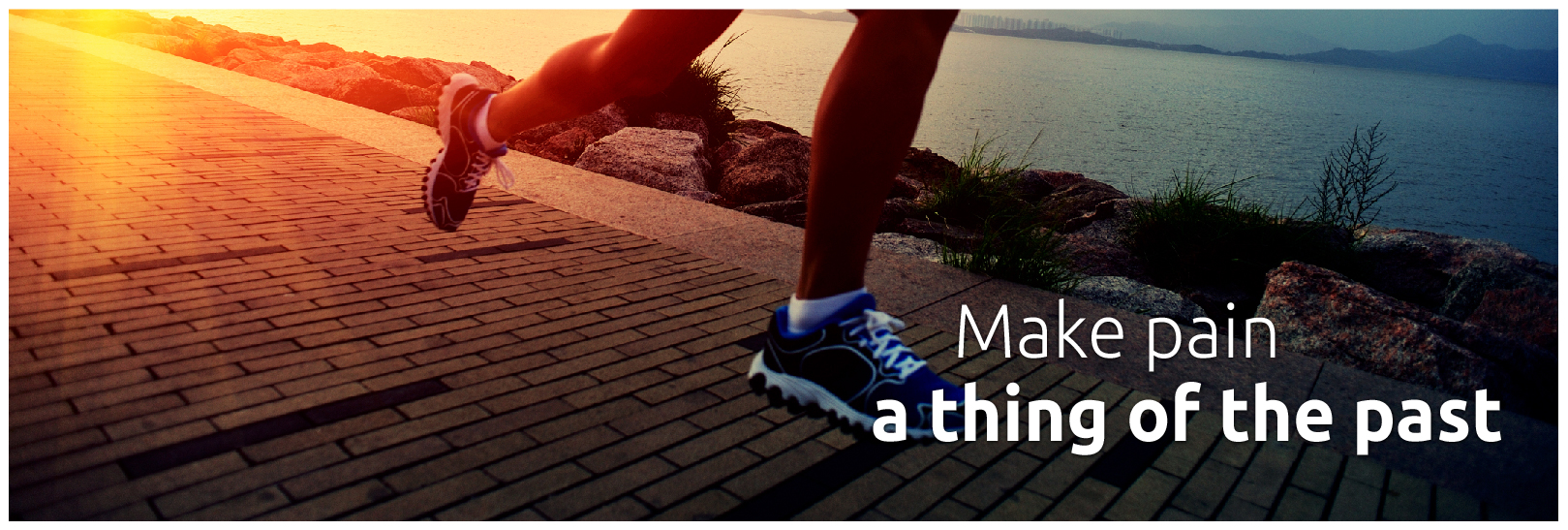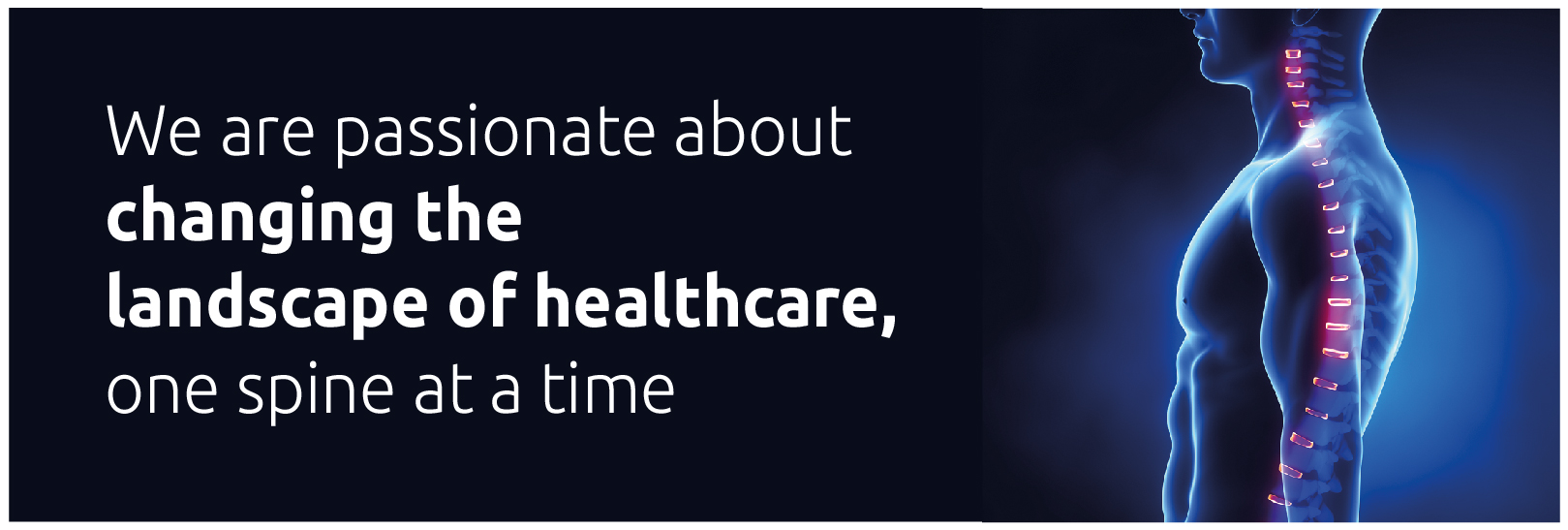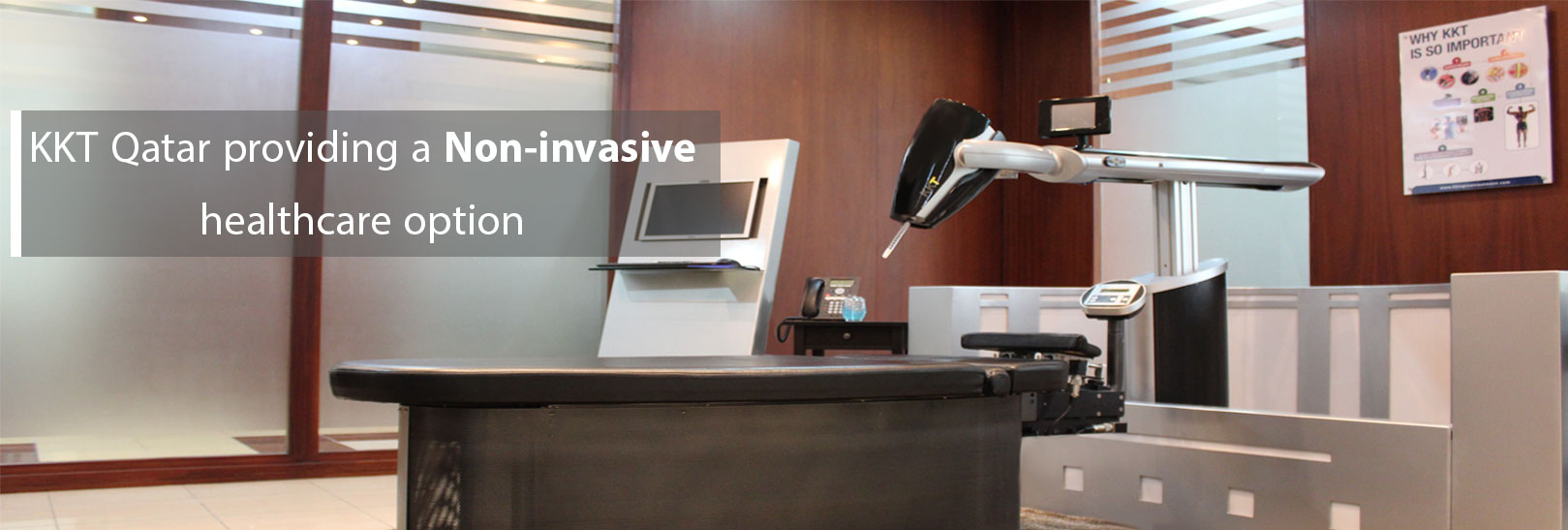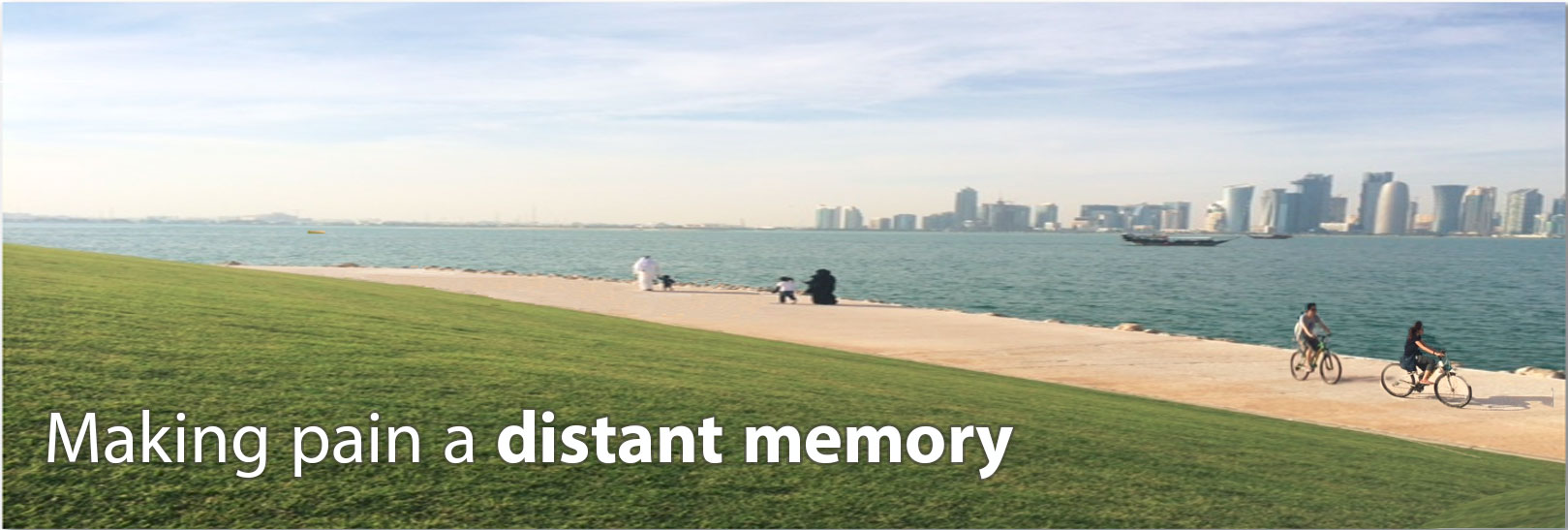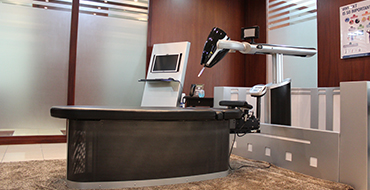KKT English
Whiplash
Neck pain from whiplash is generally caused by one or a combination of; a motor vehicle accident, from many sudden falls or jerking of the head. The pain you feel from whiplash can last as little as a few hours or plague you for the rest of your life. However, the route your pain will take is dependent on the severity of your accident and how soon you seek professional treatment.
Whatever the case, the pain is difficult to bear and can make even the simplest tasks, such as looking over your shoulder while driving, difficult. Before discussing the treatment options provided by KKT® Orthopedic Spine Center for your pain we will go into a discussion of what whiplash is and the most common symptoms. Many psychologists have concluded that when you understand your condition better it is much easier to cope with the challenges you may be facing.
Symptoms of Whiplash
The symptoms of whiplash are not limited to neck pain. In many cases the damage extends to other areas of the body and you may begin to feel shoulder pain, back pain or both.
Below you will find a comprehensive list of all the possible symptoms you may be feeling as a result of your whiplash:
- Neck pain, neck stiffness, neck tenderness
- Back pain, back stiffness, back tenderness
- Shoulder pain, Shoulder stiffness, Shoulder tenderness
- Dizziness
- Memory LossConcentration Impairment
- Nervousness or irritability
- Sleep Disturbance
- Fatigue
- Depression
- Ringing in the ears (Tinnitus)
Treatment of Whiplash
KKT® utilizes "Quantum Waves" which can gently restore your spine back to its original position. This will allow many of the muscles, ligaments and nerves which have been abnormally positioned, due to an injury causing anatomical disturbances, to return to their normal positions. This will then eliminate the neck pain you were feeling due to your bodies internal anatomical abnormalities. Scientific studies have shown that "Quantum Waves" can also stimulate spinal tissues and prevent long term degeneration. Currently there is no other treatment modality which can provide such benefit.
KKT® has devoted a tremendous amount of resources in developing a treatment modality that is effective and evidence based. We are the only treatment modality that has been proven through careful and systematic research and clinical studies to provide proven and lasting results to neck pain, back pain and shoulder pain. The success of the KKT® Treatment is credited to the fact that KKT® utilizes patented and sophisticated technology which can address the underlying cause of the pain, rather than simply masking the symptoms.
KKT® Tomorrow’s healthcare, Today!
So come in today for a consultation and take the first step to feeling great again. Because life won’t wait and neither should you!
Get back to health and get back to being you again.
To learn more about KKT® or to make an appointment with one of our orthopedic specialists
Please call: 0097444349888, 0097433133385
Herniated Disc
Herniated discs are commonly triggered in people between 30 and 40 years of age. People who spend a lot of time sitting or those who twist their back a lot, are the most likely to develop a herniated disc.
The spine is made up of bones (vertebrae) cushioned by small oval pads of cartilage and disc. These consist of a tough outer layer (annulus) and a soft inner layer (nucleus). A herniated disc, sometimes called a slipped or ruptured disc, occurs when a small portion of the nucleus pulposus pushes out through a tear in the annulus into the spinal canal. This can irritate nerves and result in pain, numbness or weakness in the back, legs or arms. In some cases it can even put pressure on the spinal cord resulting in more advanced symptoms.
Many sufferers report back pain which radiates down the leg or arm, making everyday activities difficult or even intolerable.
Signs of potential concern
- A radiating, aching pain, sometimes with tingling and numbness, that starts in your buttock and extends down the back or side of leg.
- Pain, numbness or weakness in your lower back and one leg. Tingling pain, numbness or weakness in your neck, shoulder, chest or arm.
- Lower back pain or leg pain that worsens when you sit, cough or sneeze.
- Arm, shoulder or finger symptoms that worsen when you sit, cough or sneeze.
Care for herniated disc
A person with a herniated disc should not bend, strain, or lift heavy objects. While sleeping, use a firm mattress or a pillow under the waist and one under the shoulder if sleeping on the side. If you sleep on your back, a pillow should be placed under the knees.
Changing your sitting position can also help. Put your feet on a low stool to flatten the back against the back of the chair or adjust your chair so it tilts forward.
KKT® Tomorrow’s healthcare, Today!
So come in today for a consultation and take the first step to feeling great again. Because life won’t wait and neither should you!
Get back to health and get back to being you again.
To learn more about KKT® or to make an appointment with one of our orthopedic specialists
Please call: 0097444349888, 0097433133385
Spinal Stenosis
Spinal stenosis is a narrowing of one or more canals or openings in the spine – most often noted in the neck or lower back. This narrowing can put pressure on the spinal cord or nerves that branch out from the compressed areas.
Spinal Stenosis can cause cramping, pain or numbness in the legs, back, neck, shoulder or arms; a loss of sensation in the extremities; and sometimes in its advanced form, problems with bladder or bowel function. Spinal Stenosis is most commonly caused by untreated osteoarthritis-related bone damage and degeneration.
Spinal Stenosis is most common in men and women over 50 years of age. However, it may occur in younger people who are born with a narrowing of the spinal canal or who suffer an injury to the spine.
What can lead to Spinal Stenosis?
- Injuries to ligaments leading to calcium deposits and thickening of spinal ligaments.
- Aging
- Arthritis
- Inherited conditions
- Tumors of the spine
- Injuries
Signs of potential concern
- Pain or cramping in the legs
- Radiating back and hip pain
- Pain in the neck and shoulders
- Tingling or numbness in the extremities
- Loss of balance
- Loss of bowel or bladder function
If you have any of these symptoms or related concerns, please visit a KKT® Qatar for a thorough assessment.
KKT® Tomorrow’s healthcare, Today!
So come in today for a consultation and take the first step to feeling great again. Because life won’t wait and neither should you!
Get back to health and get back to being you again.
To learn more about KKT® or to make an appointment with one of our orthopedic specialists
Please call: 0097444349888, 0097433133385
Rotator Cuff
Your rotator cuff is made up of the muscles and tendons in your shoulder. These muscles and tendons connect your upper arm bone with your shoulder blade and help to hold the ball of your upper arm bone firmly in your shoulder socket.
Shoulder injuries may occur suddenly and be associated with a specific injury such as a fall, or it may progressively worsen over time and be aggravated by activity to the muscle, joint or nerves.
Signs of potential concern
- Pain during racquet sports and activities involving throwing
- Pain when bending the arm and rotating it outwards against resistance
- Pain on the outside of the shoulder and at times radiating down the arm
- Shoulder pain that worsens at night
- Stiffness in the shoulder joint
Risk factors
The following factors may increase your risk of having a rotator cuff injury
Working conditions - long hours of computer usage or sitting at a desk puts undue stress on the neck and shoulders
Age- as you get older, your risk of suffering a rotator cuff injury increases, rotator cuff tears are most common in people over 40
Exercise– Athletes who regularly use repetitive motions, such as racquetball players, hockey players, etc. are at greater risk of developing a rotator cuff injury.
Working in construction– Carpenters and painters, who also use repetitive motions, have an increased risk of injury.
Poor posture– Poor posture over many years can allow nerves, muscles or tendons to become pinched in your shoulder region.
Previous injuries – Previous injuries irritate the surrounding joints, nerves and ligaments making them susceptible to pain or restricted movement.
Treatment of Rotator Cuff injuries
Rotator cuff injuries often occur as a result of micro trauma caused by repetitive movement in occupational or sporting activities. The rotator cuff muscles are put under a great deal of strain during racquet sports and other activities where the arm is frequently above the head. Clinically relevant factors to keep in mind with the treatment of the shoulder, is that treatment not only requires rest, but also requires that the neck and its nerve supply be restored.
The KKT® process plays an integral role in stimulating the connective tissues of the spine to promote cellular regeneration.
If you have any of these symptoms or related concerns, please schedule a visit to a KKT® Qatar for a thorough assessment.
KKT® Tomorrow’s healthcare, Today!
So come in today for a consultation and take the first step to feeling great again. Because life won’t wait and neither should you!
Get back to health and get back to being you again.
To learn more about KKT® or to make an appointment with one of our orthopedic specialists
Please call: 0097444349888, 0097433133385
Neck pain
Neck problems can often present themselves as simple muscle stiffness or pain. Most often, this signal indicates an underlying concern that requires corrective measures.
Signs of potential concern
- Pain in your neck that may feel sharp or dull
- Stiffness in your neck or shoulders
- Heaviness of the head or feeling like it needs support
- Lower back pain or shoulder pain
- Headaches or dizziness
- Pain between the shoulder blades
If you have any of these aliments or related concerns Schedule a visit to KKT® Qatar Today!
Consequences of Neck Pain
Crucial arteries pass through the neck vertebrae to the brain. Studies have documented numerous health concerns relating to the neck.These include:
Headaches, low back pain, brain function disorder, jaw pain, dizziness and even sudden infant death.
For these reason, neck symptoms should be taken seriously and specific examination be carried out. Contact KKT® Qatar for a thorough assessment and to determine the appropriate corrective measures.
Back Pain
Up to 90% of the population will experience lower back pain at least once in their lifetime. It is the leading cause of disability in adults aged 30 to 50 years.
The spine is comprised of a column of 24 bones called vertebrae. Together they create a bony canal that surrounds and protects the spinal cord. Small nerves enter and exit the spinal cord through spaces in the vertebrae. These nerves transmit messages between your brain and the rest of your body.
Signs of potential concern
- Burning or stabbing pain in the back.
- Dull ache or pressure which may be aggravated by movement or coughing
- Difficulty sitting in one position for long periods
- Pain radiating down one or both legs; numbness; tingling, burning, or a pins and needles type sensation in the legs
- Muscle spasms
- Pain on standing from a seated position
Pain is often generated when the nerves are irritated or compressed. Nerve irritation in many instances occurs due to disk damage. This is commonly referred to as a herniated, protruding or slipped disc.
It has been shown that chronic back pain sufferers learn to compensate for their physical by engaging muscles not normally utilized in the specific activity. If the spine is not restored to its optimal position, daily activities can accelerate spinal degeneration leading to pronounced wear and tear.
KKT® Tomorrow’s healthcare, Today!
So come in today for a consultation and take the first step to feeling great again. Because life won’t wait and neither should you!
Get back to health and get back to being you again.
To learn more about KKT® or to make an appointment with one of our orthopedic specialists
Please call: 0097444349888, 0097433133385
Using quantum acoustic waves to non invasively treat spinal deformities and relieve back, neck and associated pain.
